Tarana Burke was brought up in the Bronx in a “Pan-African liberation family,” as Burke shared in a lecture at Iowa State University. Her family was poor, but hardship was always met with resilience and pride which Burke carries with her to this day.
One of Burke’s earliest forays into activism occured via The 21st Century Youth Leaders Movement in which she participated in leadership training and acquired the skills to channel the foundation she received from her family environment, to truly engage a community and manifest a grassroots effort. After participating in the organization in high school, Burke worked as a team member organizing summer workshops. It was here that she met the girl who changed the trajectory of her life: a young woman she refers to as Heaven.
Heaven opened up to Burke about her experiences of recurring sexual abuse that she had suffered at the hands of her mother’s boyfriend. This was the first time Burke found herself searching for a way to respond to and acknowledge the experiences of a survivor. No concrete method had been developed to address this far too prevalent reality. Burke had suffered sexual abuse herself, but the subject was swept so far under the cultural rug that she still struggled to find the words to reach out. Burke described the experience as something that “sat in her spirit for a long time.” Burke told Yellow Hammer, “I watched her put her mask back on and go back into the world like she was all alone and I couldn’t even bring myself to whisper… me too.”
Almost half a decade passed, in which Burke worked all over Alabama in grassroots organizations, developing communities and engaging with young students of color, all the while hearing stories like Heaven’s. It was there that Burke learned what worked and what didn’t when approaching survivors and, through her experience, saw what young black girls needed in an organization- what real help looked like.
In 2003, Burke founded JustBe Inc. to provide a space for young women of color to find mutual understanding and acknowledge their worth. JustBe also provides leadership training and paths toward community engagement and self-empowerment. In 2006, Within JustBe, Burke coined “Me Too” both as a response to survivors and as a movement. In an interview with WHYY, Burke elaborated on the power of the phrase: “Why I started using #MeToo, is because it’s so simple and complete. It’s a conversation starter or the whole conversation. I was used to seeing this happen in smaller spaces, where people connect with each other and not just women on TV. But people, you know — girls, women, transgender, nonconforming, some men — just connected with the commonality of being a survivor.”
In 2008, Burke moved to Philadelphia to work at Breakthrough Philadelphia, helping low-income students gain access to higher education. After relocating, Burke continued her work with #MeToo and JustBe, giving talks, holding support meetings, facilitating protests and raising awareness.
After Burke spent a decade dedicated to survivors and young women of color, #MeToo hit the mainstream when Alyssa Milano seemingly pulled the hashtag out of thin air, using it in a tweet to expose her own experiences with sexual abuse while working in entertainment. Milano later credited Burke after finding out the hashtag’s origin, but the correction wasn’t quick enough to ensure that everyone familiar with #MeToo was also familiar with Tarana Burke. After that, the movement went viral and accounts from survivors flooded both the internet and the mainstream media. Only following this surge of high-profile coverage, was Burke’s founding role finally recognized. After the #MeToo explosion, Burke was recognized by Time Magazine as Person of the Year and presented with high-profile opportunities such as hosting the ball-drop in Times Square.
While Burke was humbled by the positive impact of #MeToo both in regard to public awareness of sexual assault and individual empowerment of survivors, Burke has recently spoken critically of the manner in which the media has turned #MeToo into an opportunity to shame and focus on the offenders instead of the healing process for survivors. In today’s media, where suffering is always capitalized upon as scandal, the hashtag has gained momentum in outlets who take advantage of what #MeToo really means.
Before hearing what Burke has to say in December, it is important to remember that the essence of #MeToo is something that has lived within Tarana Burke and every survivor of sexual violence for their whole lives. Me Too took years and years of unceasing effort. It is not just a craze, and it is not just an opportunity to expend energy on abusers. #MeToo is a recently recognized step on a long road toward justice and healing for survivors and a better future for groups and individuals victimized by those in power. Tarana was there for survivors before a single celebrity came out. She lives her activism and her recognition as the heart and soul of Me Too and as a leading figure and source of hope for our generation is long overdue.



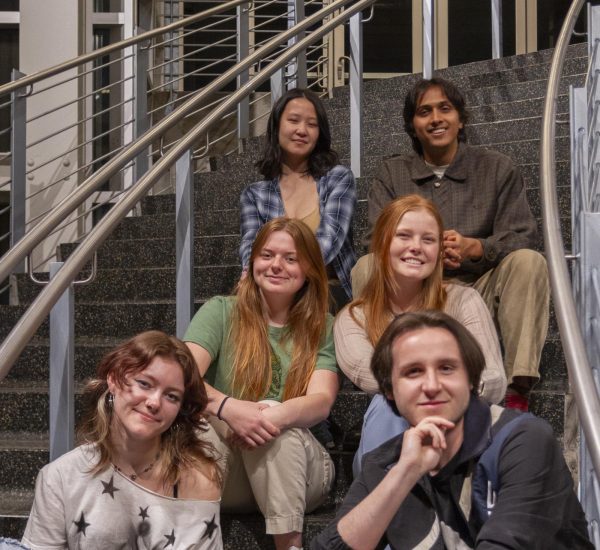
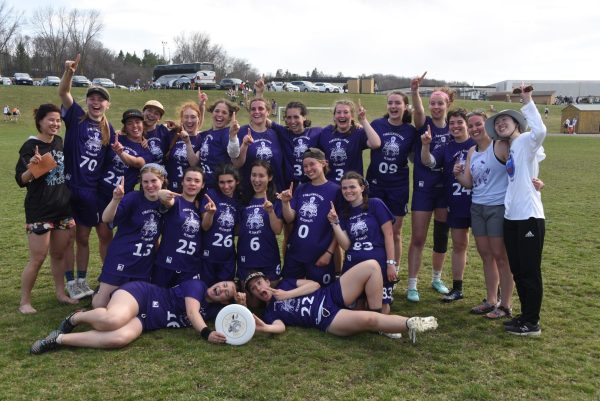



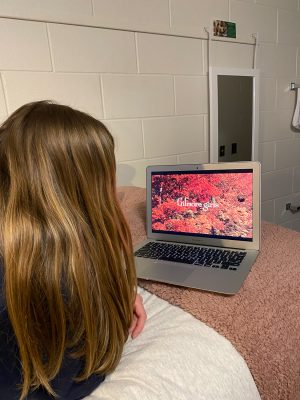
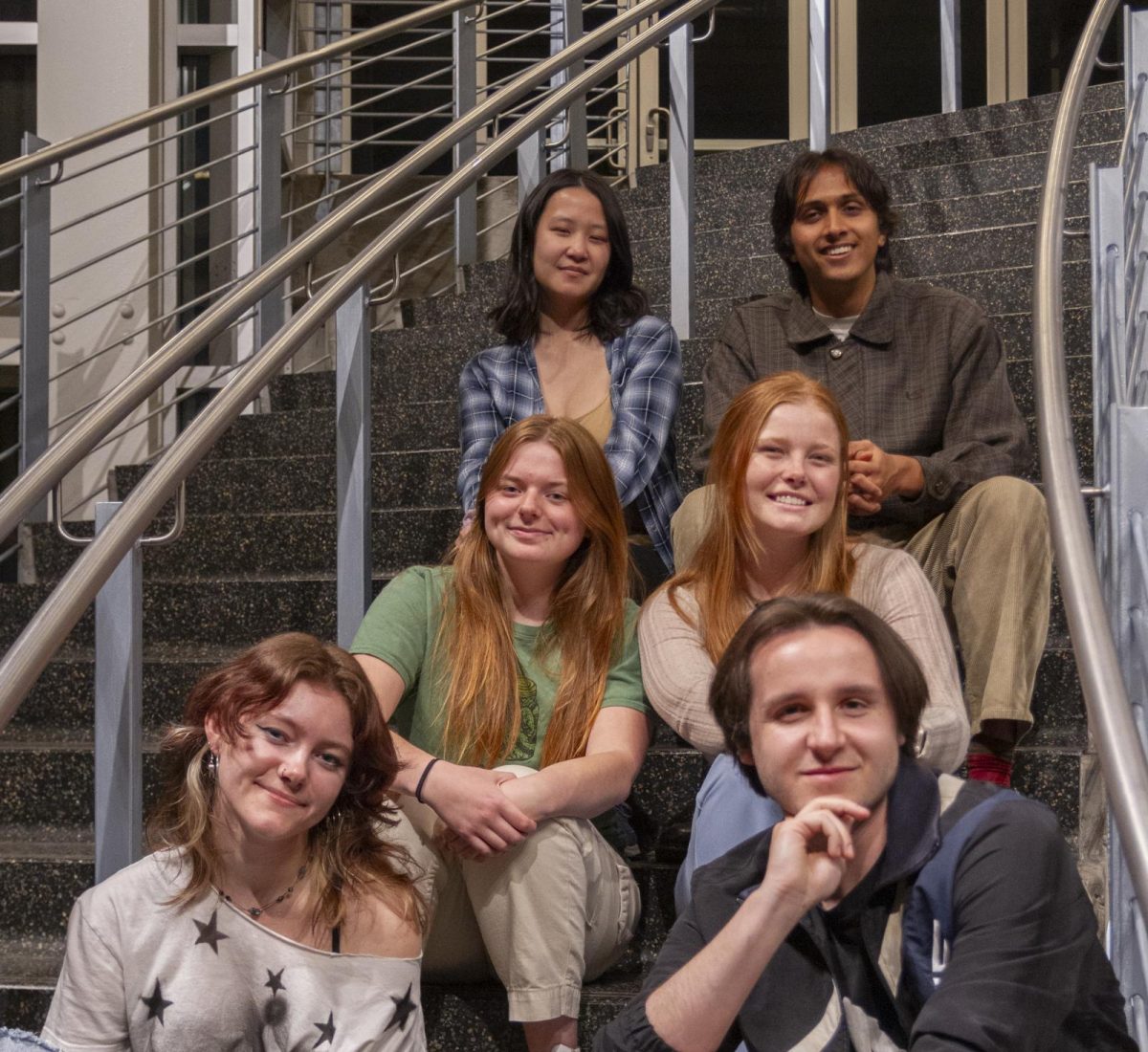
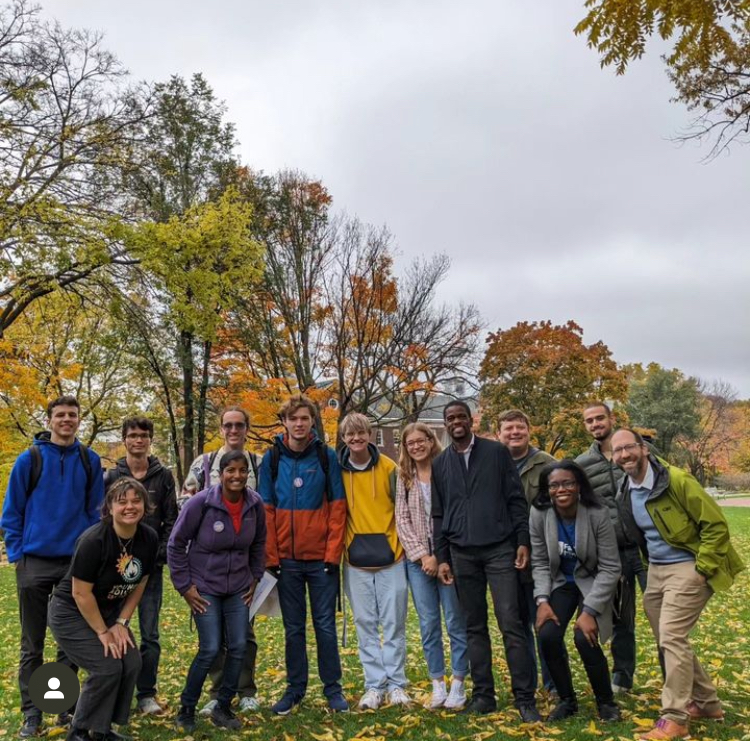

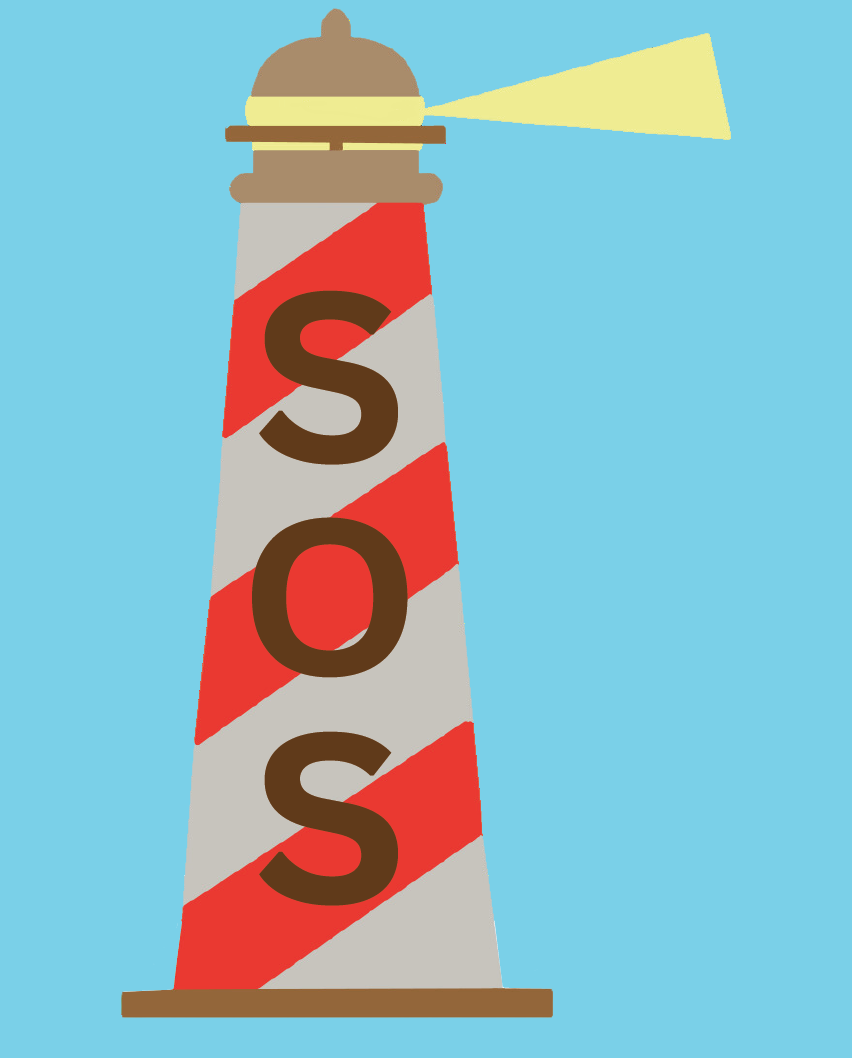

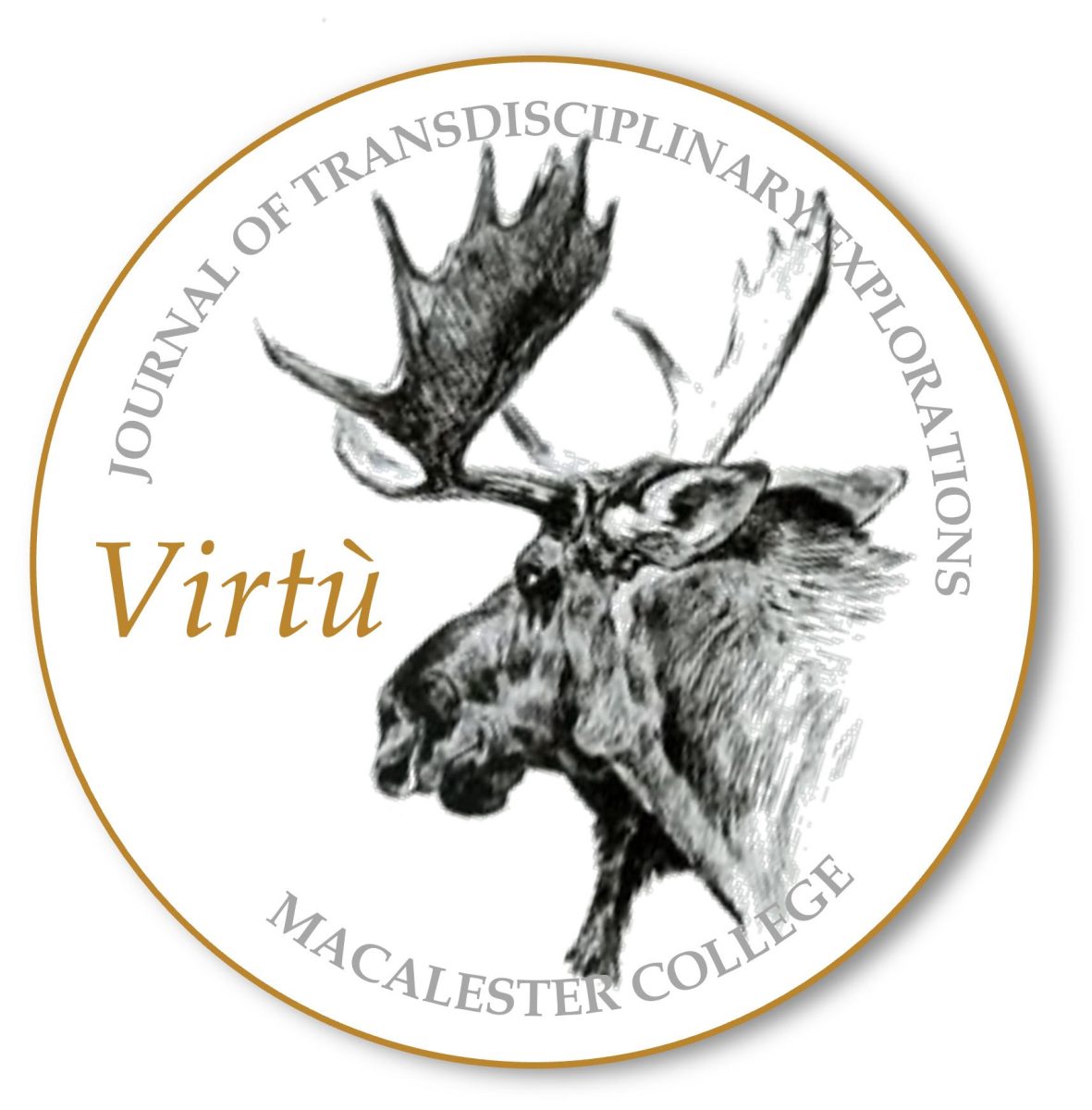
Eric Glover • Sep 11, 2019 at 12:40 pm
Wow! Itís a nice jQuery script; I was also looking for that, thus i got it right now from here. Keep it up admin of this site.
Victor Grant • Sep 10, 2019 at 7:06 am
I am eager of learning Flash, is there any paragraph associated to Flash, if okay, then please post it, thanks.
Zoe Grant • Sep 5, 2019 at 7:48 pm
Hey there I am so delighted I found your web site, I really found you by accident, while I was searching on Yahoo for something else, Regardless I am here now and would just like to say thanks a lot for a remarkable post and a all round enjoyable blog (I also love the theme/design), I don’t have time to go through it all at the minute but I have book-marked it and also added in your RSS feeds, so when I have time I will be back to read much more, Please do keep up the fantastic work.
payday loans • Jun 7, 2019 at 10:51 pm
https://volunteerteacher.org/groups/10-most-amazing-payday-loans-changing-how-we-see-the-world/
http://www.vapedis.co.uk/groups/payday-loans-smackdown/
http://formation.ecoledeparkour.fr/groupes/how-to-make-payday-loans/
https://www.boombasticchef.com/boombasticdiet/groups/be-the-first-to-read-what-the-experts-are-saying-about-payday-loans/
https://loveinc-kenya.org/groups/four-easy-steps-to-a-winning-payday-loans-strategy/
http://nishathletics.com/groups/where-to-find-payday-loans/
http://asklurae.com/groups/the-5-biggest-payday-loans-mistakes-you-can-easily-avoid/
https://www.e-limassol.com/groups/the-little-known-secrets-to-payday-loans/
http://www.priyankasewhagjoshi.com/groups/seven-tips-to-start-building-a-payday-loans-you-always-wanted/
http://spungs.com/grupper/picture-your-payday-loans-on-top-read-this-and-make-it-so/
https://nervegear.fr/groupes/five-awesome-tips-about-payday-loans-from-unlikely-sources/
http://spungs.com/grupper/picture-your-payday-loans-on-top-read-this-and-make-it-so/
https://langogneetvous.com/rencontrons-nous/lien-social/9-shocking-facts-about-payday-loans-told-by-an-expert/
http://gamesplaytime.com/groups/payday-loans-secrets/
http://laicreatives.com/contact-us/the-tried-and-true-method-for-payday-loans-in-step-by-step-detail/
http://social.arduiner.com/gruppi/shocking-information-about-payday-loans-exposed/
http://advancedbarbellsystems.com/groups/i-dont-want-to-spend-this-much-time-on-payday-loans-how-about-you/
https://forums.paramedicsworld.com/groups/the-true-story-about-payday-loans-that-the-experts-dont-want-you-to-know/
http://campcourage.di9it.com/chatterbox/groups/payday-loans-what-is-it/
http://wegamemad.com/groups/five-things-you-didnt-know-about-payday-loans/
https://witavenue.com/groups/who-else-wants-payday-loans/
http://aco-d.org/groups/why-payday-loans-is-no-friend-to-small-business/
http://www.samsonracioppi.com/groups/payday-loans-smackdown/
http://divadarling.com/groups/3-guilt-free-payday-loans-tips/
http://www.hobbydates.com/groups/nine-things-you-have-in-common-with-payday-loans/
https://www.cubica.net/groups/how-to-slap-down-a-payday-loans/
https://hearts-connected.com/groups/what-google-can-teach-you-about-payday-loans/
https://movedto.com/groups/four-lies-payday-loanss-tell/
http://sclass.tv/wordpress/groups/9-lessons-about-payday-loans-you-need-to-learn-before-you-hit-40/
http://www.psichesinergia.it/groups/payday-loans-on-a-budget-9-tips-from-the-great-depression/
http://everydayfam.com/groups/how-to-restore-payday-loans/
https://www.fallout-76.it/gruppi-e-clan-di-fallout-76/the-argument-about-payday-loans/
https://xn--policiacatalua-2nb.es/policia-inicio/grupos/the-leaked-secret-to-payday-loans-discovered/
https://dataelf.com/groups/top-payday-loans-choices/
https://www.jacksfantasyfootball.co.uk/groups/super-easy-ways-to-handle-your-extra-payday-loans/
https://sasgurus.com/groups/what-the-pentagon-can-teach-you-about-payday-loans/
http://le103tour.com/groupes/why-nobody-is-talking-about-payday-loans-and-what-you-should-do-today/
http://lohpti.com/groupes/payday-loans-shortcuts-the-easy-way/
http://courses.missykai.yoga/groups/payday-loans-for-dummies/
http://www.grupo-eco.net/groups/the-5-most-successful-payday-loans-companies-in-region/
https://isaygg.com/groups/choosing-payday-loans/
https://www.easyclickmarket.com/groups/payday-loans-secrets-that-no-one-else-knows-about/
https://www.eflorindi.it/flr/gruppi/six-ways-to-immediately-start-selling-payday-loans/
https://nursingquest.com/groups/heres-what-i-know-about-payday-loans/
https://www.sambox.co.nz/groups/why-payday-loans-is-no-friend-to-small-business/
http://chisteschingones.com/groups/how-to-make-payday-loans/
https://konyc.org/home/groups/3-payday-loans-you-should-never-make/
http://app.opencite.fr/projets/
http://achourio.com/grupos/interesting-factoids-i-bet-you-never-knew-about-payday-loans-1547018261/
http://ehr.cure6.com/groups/the-unexplained-mystery-into-payday-loans-uncovered/
http://www.in-cubator.org/groups/shortcuts-to-payday-loans-that-only-a-few-know-about/
http://internetcreditrating.com/groups/beware-the-payday-loans-scam/
https://updatechart.com/groups/6-tips-for-payday-loans-you-can-use-today/
http://dananda.de/gruppen/how-to-turn-your-payday-loans-from-blah-into-fantastic/
http://www.acesan.com.br/grupos/10-odd-ball-tips-on-payday-loans/
https://www.determiniety.com/groups/why-have-a-payday-loans/
http://www.fostaonline.com/groups/top-ten-quotes-on-payday-loans/
http://pleurawales.org.uk/groups/how-to-make-your-payday-loans-look-like-a-million-bucks/
http://bookstation.it/gruppi/8-things-you-must-know-about-payday-loans/
http://americanhomeandgardenexchange.com/groups/4-winning-strategies-to-use-for-payday-loans/
http://www.haitianinchina.com/groups/genghis-khans-guide-to-payday-loans-excellence/
https://www.naaion.org/groups/four-unforgivable-sins-of-payday-loans/
https://www.cubica.net/groups/how-to-slap-down-a-payday-loans/
https://pokemon-go-live.com/groups/you-make-these-payday-loans-mistakes/
https://mayilai.in/groups/ten-life-saving-tips-about-payday-loans/
https://www.foro.hostess.dev/grupos/the-payday-loans-game/
http://borealedicoes.com.br/formacao/groups/whispered-payday-loans-secrets/
http://iihistory.com/groups/uncommon-article-gives-you-the-facts-on-payday-loans-that-only-a-few-people-know-exist/
http://dev.crystalsbyrob.com/groups/why-you-never-see-a-payday-loans-that-actually-works/
https://otcaware.com/groups/the-a-z-of-payday-loans/
FranAvepe • May 30, 2019 at 5:16 am
Zentel Drugs France cialis 5mg best price Cost Of Levitra At Savon Pharmacy
Mavis • May 19, 2019 at 4:56 am
It works very well for me
Joshua • Apr 29, 2019 at 7:42 am
I like the article
This Post • Apr 24, 2019 at 11:35 am
It works really well for me
Rodney • Apr 24, 2019 at 1:40 am
Thanks to the excellent manual
Check This • Apr 24, 2019 at 1:21 am
This is truly helpful, thanks.
Jacqueline • Apr 23, 2019 at 5:21 pm
I like the report
Flor • Apr 17, 2019 at 1:37 am
Thanks for the wonderful guide
here • Apr 17, 2019 at 12:32 am
I enjoy the report
See here • Apr 17, 2019 at 12:19 am
Thank you for the terrific article
Brad • Apr 16, 2019 at 8:20 pm
I spent a great deal of time to locate something such as this
Collin • Apr 13, 2019 at 9:48 am
I spent a lot of time to find something similar to this
Jameswab • Mar 28, 2019 at 9:04 pm
very old womens truly magazine’s 1950s relationships solutions unveiled
‘The recommendations attached to resolve methods changeable,’ ones magazine cautioned. ”There are food items tend to be eaten in a manner entirely unlike many more. for, asparagus is one of the few meal which has been enjoyed that includes fingers.
‘On i would say the place, how to attract russian girl plant should be considered russian brides consumed that has a street fighting techniques and consequently derive but inside of uk it might possibly be adjust to chop the piece of fruit or pear in order to chapters by using your eat it fingers about the or.
specifications: your content warns: ‘Watch your family bench etiquette, keep their position so apt to make a decision type participant you might be at reviewing consume, it’s simple to make mistakes’
And all this was not precisely delicacy which could potentially cause a headache, The newspaper steered moms beyond your do some fishing because it can be ‘difficult for manage’ upkeep the mealtime is far more, these folks were reminded received ‘bad taste’ end lipstick dirt on a cup.
supplemental steerage hints: ‘tipping the best soup toilet beyond the you’ simple fact working out with things in your direction was previously some of the ‘height of predominantly adverse manners’.
our own handbook often increases: ‘It is unattractive good manners to place your arms over
of the counter. it’s also very dangerous manners that can talc onto your nose in addition sexy russian dating used
lip gloss at the table, with unforgivable when you need to brush flowing hair at a diet.or,–
droped a person’s cutlery on the floor? pay attention to female’s Own’s good advice: ‘you generally start by frantically sporting within restore the particular, tell unquestionably the cashier to bring you different one on one.or,–
Although demands female’s incredibly content material material gives progressed considering ‘How at react in just a Restaurant’ days, The weekly journal tell him your rule has always been the equivalent given that 1930’s.